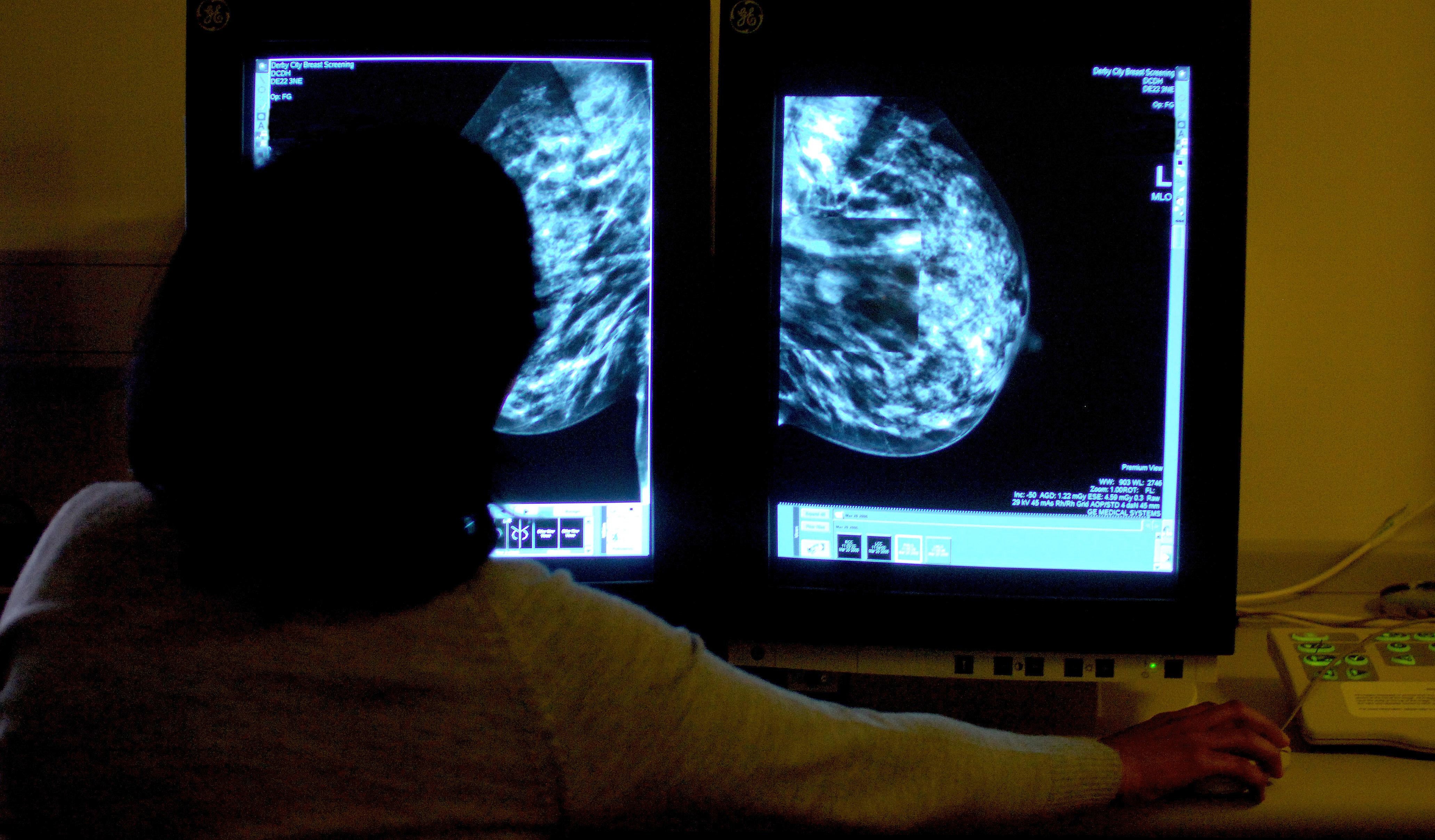Call for changes to breast surgery as ‘women are at risk of recurrence’
A new study found that a number of women who have breast cancer surgery in the UK could be at risk.

Your support helps us to tell the story
From reproductive rights to climate change to Big Tech, The Independent is on the ground when the story is developing. Whether it's investigating the financials of Elon Musk's pro-Trump PAC or producing our latest documentary, 'The A Word', which shines a light on the American women fighting for reproductive rights, we know how important it is to parse out the facts from the messaging.
At such a critical moment in US history, we need reporters on the ground. Your donation allows us to keep sending journalists to speak to both sides of the story.
The Independent is trusted by Americans across the entire political spectrum. And unlike many other quality news outlets, we choose not to lock Americans out of our reporting and analysis with paywalls. We believe quality journalism should be available to everyone, paid for by those who can afford it.
Your support makes all the difference.Medics have called for breast cancer surgery guidelines to be revisited to make sure women have the best chance of staying healthy.
Experts from the University of Manchester said removing a small amount of non-cancerous tissue next to a tumour can reduce the risk of cancer returning.
After analysis of data on 68 studies on 112,140 cancer patients, they found removing more than 1mm of non-cancerous tissue from the edge of an excised tumour is associated with a lower risk of cancer returning.
Researchers said a previous study showed 21% of women in the UK had surgical margins of less than 1mm.
“Surgeons should aim to achieve a minimum clear margin of at least 1mm,” the academics wrote in The BMJ.
“On the basis of current evidence, international guidelines should be revised.”
This has major clinical implications for the surgical management of breast cancer and current international guidelines need revision to account for these findings
“If you remove a tumour but cancer cells remain present or close to the edges, the risk of disease returning is increased,” said lead author professor Nigel Bundred, a clinical scientist from the University of Manchester.
“That is why increased surgical focus on adequacy of margin excision would improve breast cancer survival worldwide.”
He added: “Our analysis leaves us confident that inadequate margin width is associated with higher risks of distant recurrence (where the cancer has spread to another part of the body) and breast cancer mortality even after adjuvant chemotherapy, as well as increased recurrence around the original surgical site.
“That has major clinical implications for the surgical management of breast cancer and current international guidelines need revision to account for these findings.”7
Commenting on the study, Jane Murphy, senior clinical nurse specialist at the charity Breast Cancer Now, said: “With around 55,000 women and 370 men receiving a breast cancer diagnosis each year in the UK, it’s crucial that everyone receives the treatment most effective and suitable for them to reduce the risk of cancer returning or spreading.
“This analysis adds to what we already know about the importance of ensuring a small amount of healthy tissue surrounding the tumour is removed during breast-conserving surgery and concludes that a minimum clear margin of at least 1mm should be achieved.
“This evidence can now be considered within current clinical practice and should be discussed as part of the patient’s treatment.
“Anyone affected by breast cancer seeking information and support can speak to our expert nurses by calling our free confidential helpline on 0808 800 6000.”